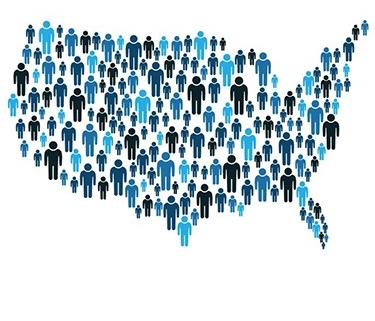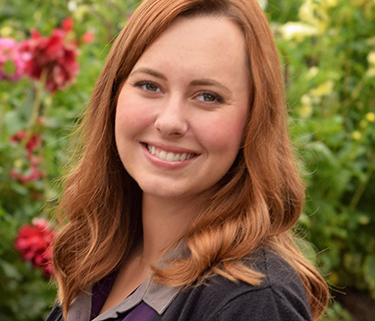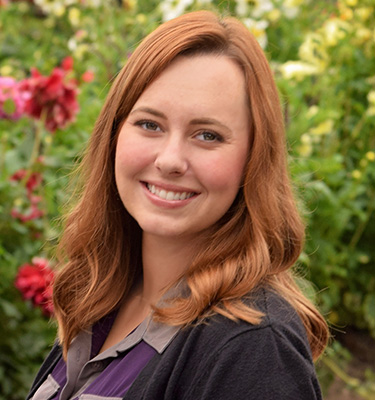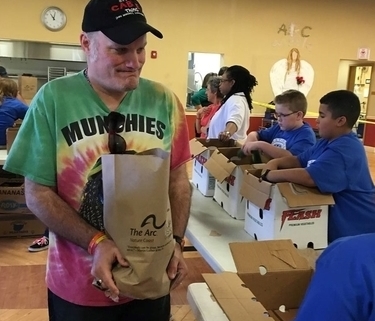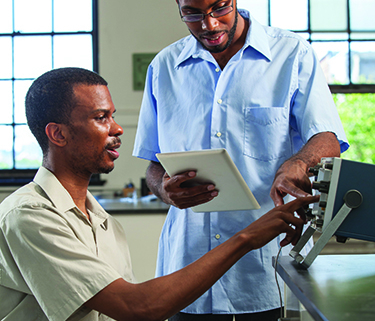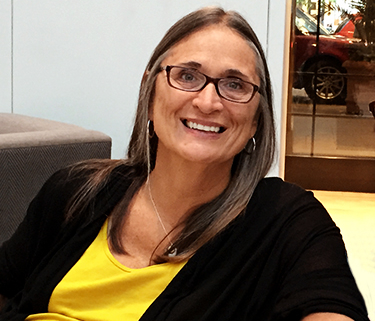Hypertension More Prevalent in Individuals With IDD
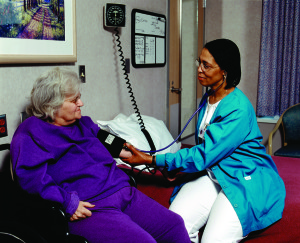 About 34% of adults with disabilities have high blood pressure compared to 26% of individuals without disabilities. High blood pressure, or hypertension, is often called the “silent killer.” Many people have high blood pressure and go about their business every day not even knowing it. This is one of many reasons why regular check-ups are vital to maintaining good health. A recent study published by the CDC stated that individuals with disabilities are 13% more likely to have high blood pressure levels than individuals without disabilities. Individuals with mobility issues have an even higher risk and are 23% more likely.
About 34% of adults with disabilities have high blood pressure compared to 26% of individuals without disabilities. High blood pressure, or hypertension, is often called the “silent killer.” Many people have high blood pressure and go about their business every day not even knowing it. This is one of many reasons why regular check-ups are vital to maintaining good health. A recent study published by the CDC stated that individuals with disabilities are 13% more likely to have high blood pressure levels than individuals without disabilities. Individuals with mobility issues have an even higher risk and are 23% more likely.
Blood pressure, which is the pressure of blood against the walls of blood vessels, can be hazardous if it remains at a continually high level. Normal blood pressure is 120/80 or less. Any higher than 120/80 and it is considered at risk for high blood pressure (also called pre-hypertension). A reading of 140/90 or higher is categorized as hypertension and you should consult your doctor. High blood pressure basically means that the heart is working overtime circulate blood and keep the body running efficiently. Working at this escalated level causes wear and damage to the blood vessels and heart, which leads to an increased risk of heart disease and stroke.
Factors that can contribute to high blood pressure are obesity, lack of physical activity, and diabetes – all issues that are very prevalent in individuals with disabilities. Foods with high percentages of sodium, fat, and cholesterol are also contributors and unfortunately can be found in may pre-made or frozen foods; which may be distributed to individuals at group homes, shared living residents, etc. because they are cost efficient and quick/easy to prepare. Preparing fresh meals at home is the best way to know what ingredients and how much salt is going into meals.
While some factors, like genetics and family history, you can’t change there fortunately are many easy things that you can modify in your daily life to try to lower and maintain your blood pressure level. Some of these things include:
- Eat a healthier diet including many fruits and vegetables.
- Reduce sodium intake. (Look for low/no sodium on food labels, rinse canned food to remove excess salt)
- Maintain a healthy weight.
- Get regular physical activity.
- Don’t smoke (or quit if you currently do smoke).
- Limit alcohol intake.
- Reduce stress.
Individuals that can’t bring their blood pressure levels down by making changes to their diet/lifestyle may need medication from a doctor to help lower levels. Many individuals with disabilities are on other medications as well, so make sure to ask the doctor about side effects and if previous medications will be an issue.
Having blood pressure checked every 1-2 years will help to monitor levels. If high blood pressure is detected, it is a good idea to check it more regularly. A blood pressure machine can easily be purchased at most drug stores or pharmacies at a relatively low cost.


